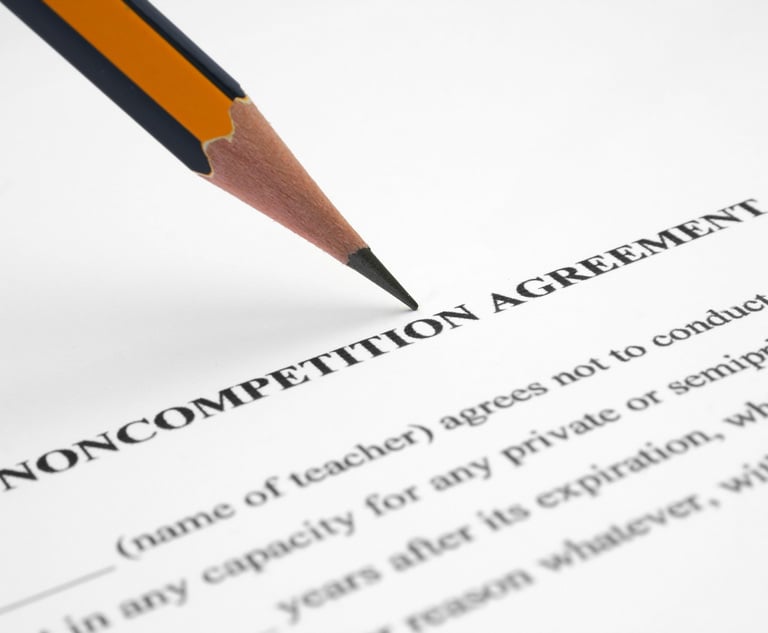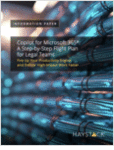Welcome back to What’s Next, where we report on the intersection of law and technology. In today’s newsletter, we have a peak at a dystopian border battle brewing in San Francisco. Plus, online scammers are now posing as Big Law HR in a new bid to part people from their money. And there could be a new way to sway a potential jury pool. All of that and more, below. 
Dystopia at the Border
We’ve written before about the limited rights travelers to the U.S. have at the border—especially if they happen to be non-U.S. citizens suspected of leading a dark-web drug marketplace. But the issue is coming to the fore again after an Apple employee, who previously was the chief technology officer of Mozilla, was detained and interrogated at San Francisco International Airport after refusing to unlock his devices. Andreas Gal, who is a U.S. citizen, wrote publicly about his ordeal online earlier this month:
“I wasn’t sure what the legal definition of an unreasonable search and seizure was, but three armed men detaining me, threatening me, and refusing to allow me to consult with an attorney definitely felt like one. [...] If the government intended to scare me, they certainly succeeded. Ever since, I travel in fear.”
This content has been archived. It is available through our partners, LexisNexis® and Bloomberg Law.
To view this content, please continue to their sites.
Not a Lexis Subscriber?
Subscribe Now
Not a Bloomberg Law Subscriber?
Subscribe Now
LexisNexis® and Bloomberg Law are third party online distributors of the broad collection of current and archived versions of ALM's legal news publications. LexisNexis® and Bloomberg Law customers are able to access and use ALM's content, including content from the National Law Journal, The American Lawyer, Legaltech News, The New York Law Journal, and Corporate Counsel, as well as other sources of legal information.
For questions call 1-877-256-2472 or contact us at [email protected]








